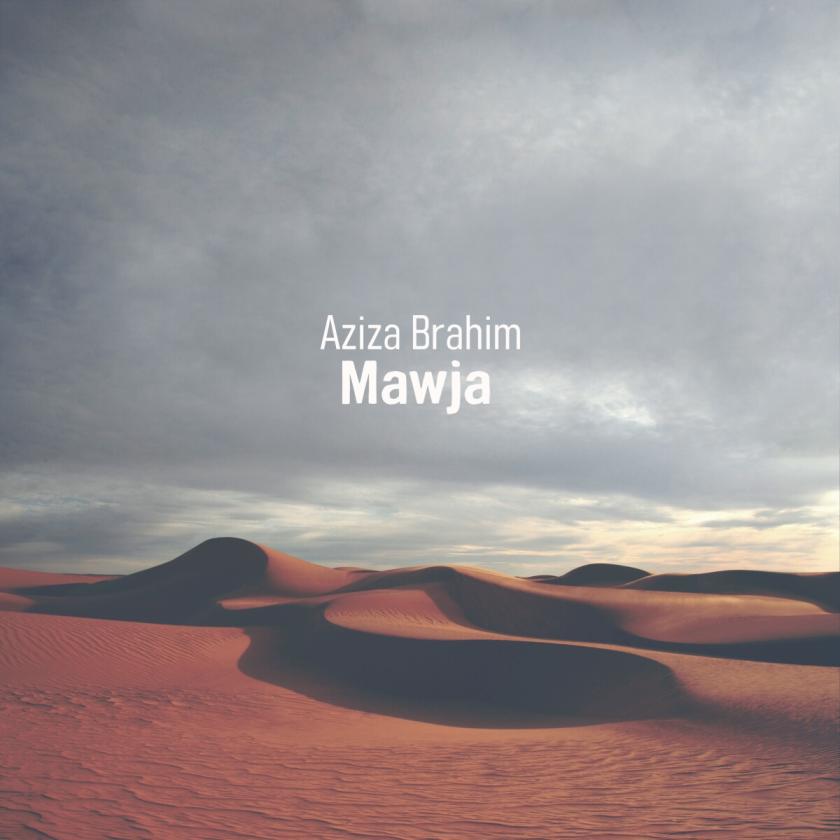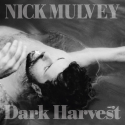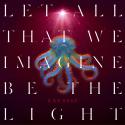Glitterbeat is home to a wildly eclectic and reliably brilliant world of artists, from Korea’s Park Jiha via Slovenia’s Sirom to Mauriania’s Noura Mint Seymali, Turkey’s Altin Gun, and desert blues masters Tamikrest. Hailing from the Sahrawi refugee camps of the Western Sahara – disputed territory for decades now – the superbly distinctive singer Aziza Brahim returns after five years with Mawja (‘Wave’), her fourth album with the label, and an excellent addition to her her catalogue, one that revisits the feel of her 2014 Glitterbeat debut, Soutak.
Now based in Barcelona, with Mawja she combines Saharan and Iberian percussion with subtle desert-blues guitar figures and warm grounded bass provided her long-time musical collaborator Guillem Aguilar. The waves of the title may refer to those contrasting, enveloping rhythm patterns, or to radio waves, the Atlantic’s waves, the waves of migration, exile and resettlement experienced by Brahim and her people, and the waves of history too.
Coming in at just over 30 minutes, it’s a compact album, but with big themes set in a subtle and lyrical music. Her lone voice opens “Bein trab u Lihjar”, with percussion and acoustic guitar throwing a range of shapes over which he voice soars and descends, while “Thajiba” sports a slinky electric guitar riff. “Duaa” and “Ljaima Likbira,”, are tributes to her beloved poet grandmother, Ljadra, who died in 2021. A community matriarch, Brahim grew up in her household, “the big haima,” as it was called. It was under her wing, says Brahim, that “we were able to learn to be proud, tenacious, to become activists.”
From the pain of loss and of exile, Brahim turns to myth and magic on the song “Bubisher”, a bird flying straight out of Sahrawi legend. Hailed as a lucky bird, its sighting is regarded as a sign of impending good news – and an aid project in Sahrawi refugee camps bears the bird’s name.
“Metal, Madera”, meanwhile, draws on rock and blues, with Brahim having presaged the recording session by getting her drummer to listen to all her favourite Clash songs. “It’s very rooted in the blues,” she says, “but with an inclination towards punk – desert punk!”
“Haiyu ya Zuwar”, which she describes as “a popular Sahrawi song of resistance and struggle” has a fast, slippery rhythm and tres guitar from Andalucian player Raúl Rodríguez, while the closing “Fuadi” shimmers and lilts to a solid backbeat. Mawja is a beguiling mixture of tradition and the contemporary, of the personal, the folkloric and the political, and a wave you want to catch as it breaks on the shore.













Add comment